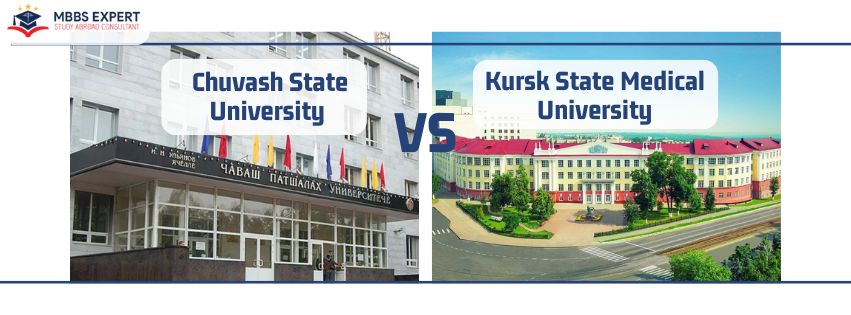Study MBBS at Ingush State University, Russia – Your Gateway to an Affordable Medical Education…
Impact of New Regulations on Foreign Medical Education for Indian Students in Tajikistan
![]()
Impact of New Regulations on Foreign Medical Education for Indian Students in Tajikistan
Introduction
The pursuit of medical education abroad has long been a viable option for Indian students seeking quality education and international exposure. Tajikistan, with its growing number of medical universities offering affordable education, has emerged as a popular destination. However, recent regulatory changes have significantly influenced how Indian students approach studying medicine in Tajikistan.
Understanding the Regulatory Changes
- Background of Regulatory Changes
In recent years, the Indian government and medical regulatory bodies have implemented new guidelines and regulations concerning foreign medical education. These changes aim to ensure the quality of education and the standards of practicing medicine upon return to India.
- Impact on Recognition of Degrees
One of the most critical aspects of these regulations is the recognition of medical degrees obtained from foreign universities, including those in Tajikistan. The Medical Council of India (MCI), now known as the National Medical Commission (NMC), has laid down specific criteria for recognizing these degrees and qualifying exams such as the FMGE (Foreign Medical Graduate Examination).
- Compliance with Educational Standards
The new regulations emphasize compliance with international educational standards, curriculum quality, infrastructure, faculty qualifications, and clinical training facilities. Indian students must ensure that the Tajikistan medical universities they choose meet these stringent criteria to avoid challenges during the recognition process back home.
Challenges Faced by Indian Students
- Accreditation and Recognition Issues
Navigating the complexities of degree recognition can pose a significant challenge. Many Indian students face uncertainty about whether their chosen university’s degree will be accepted by the NMC, affecting their career prospects in India.
- Curriculum Adaptation
Differences in curriculum structure and teaching methods between Tajikistan and India can also be challenging. Indian students must adapt to new learning styles and ensure they cover essential topics required for the FMGE.
- Language Barriers
While many Tajikistan medical universities offer English-taught programs, language barriers in clinical settings or local interactions can still be a hurdle for Indian students, affecting their learning experience and integration.
Opportunities and Advantages
- Cost-Effective Education
Despite regulatory challenges, studying in Tajikistan remains cost-effective compared to private medical colleges in India. This financial advantage attracts many Indian students seeking affordable medical education.
- Cultural and Global Exposure
Studying abroad exposes students to diverse cultures and healthcare systems, broadening their perspectives and enhancing their adaptability—qualities valued in the globalized medical field.
- Enhanced Clinical Experience
Tajikistan’s medical universities often offer robust clinical training opportunities, allowing students hands-on experience in diverse medical cases, which can strengthen their practical skills.
Conclusion
In conclusion, while the new regulations have brought about challenges for Indian students pursuing medical education in Tajikistan, they also signify a move towards ensuring quality and standardization in foreign medical education. By understanding these regulations, choosing accredited institutions, and preparing adequately for the FMGE, Indian students can navigate these challenges successfully and benefit from the opportunities offered by studying medicine in Tajikistan.
Call to Action
For Indian students considering Tajikistan for their medical education, it is crucial to stay informed about regulatory updates, consult with educational counselors, and choose institutions that prioritize accreditation and quality education.This structured approach not only addresses the topic comprehensively but also ensures that the blog is optimized for SEO by including relevant keywords and providing valuable information that addresses the target audience’s concerns and interests.





